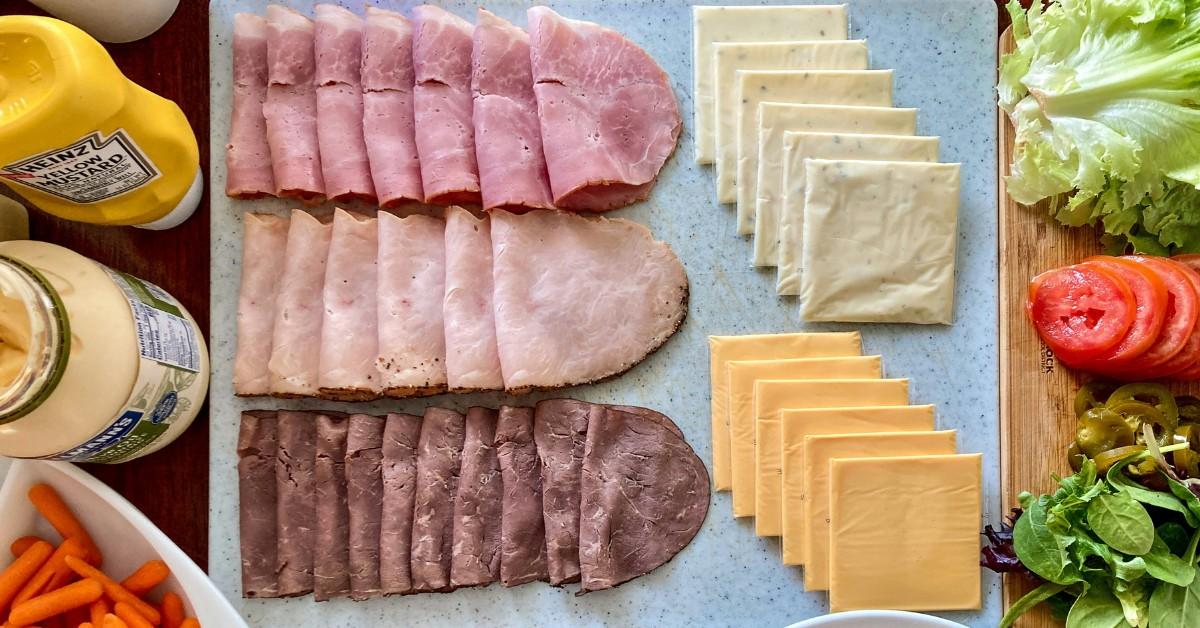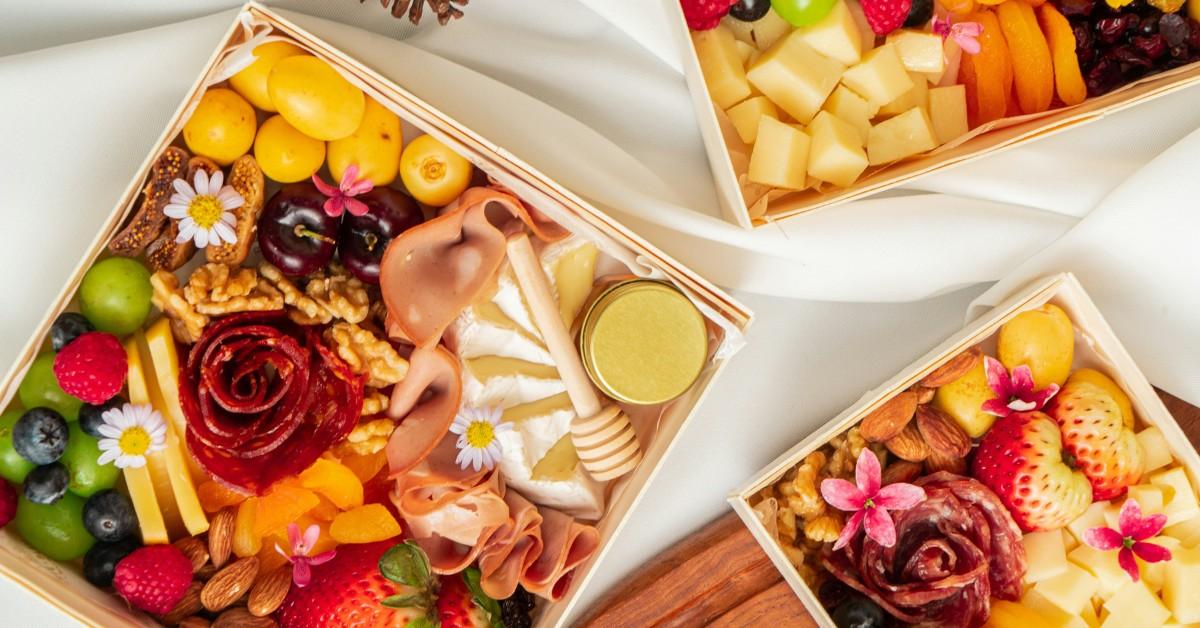Can You Cook Listeria Out of Food and Make It Safe To Eat?
Listeria outbreaks have been fatal in the past.
Published Aug. 19 2025, 5:17 p.m. ET

Chances are that you've heard of Listeria before, thanks to its frequent appearance in the headlines as part of food recalls. In fact, Listeria was at the heart of a major recall in 2024 where dozens of people were sickened, and at least nine were killed after they ate Boar's Head deli meat that had been contaminated with the bacteria.
In 2025, 45,000 pounds of shrimp were recalled due to potential Listeria contamination, highlighting how many different types of foods can be affected.
But, even if you aren't up on the many recalls that have been issued by the U.S. Food and Drug Administration (FDA) over the years, you may have heard of Listeria due to the fact that many doctors will advise pregnant people to avoid eating certain foods that are at a higher risk of carrying Listeria, like deli meat.
However, high temperatures have been known to kill the bacteria, which has many wondering if you can cook Listeria out of food. Here's what we know.

Can you cook Listeria out of food?
Listeria infections (also known as listeriosis) are caused by the bacterium Listeria monocytogenes. Unfortunately for humans, this bacterium is a durable one, according to the Mayo Clinic, and it's known for being able to survive freezing temperatures.
But, the news isn't all bad, because while Listeria may be strong enough to withstand below freezing temps, it's weakness lies in extreme heat. According to the U.S. Department of Agriculture (USDA), it is possible to cook Listeria out of food.
To ensure your food is safe to eat, the USDA suggests heating it to an internal temperature of 165 degrees F, which you should confirm using a food-grade thermometer.
However, heating your food isn't a one-and-done solution, as food can become re-contaminated with Listeria after it has been cooked, which is why the USDA recommends that you follow food safety guidelines that include things like proper hand washing and cleaning and sanitizing any surfaces that come into contact with food.

What are some Listeria food sources?
When it comes to Listeria, some foods present a higher risk than others. According to the food safety law firm Marler Clark, the following foods are most likely to be contaminated by Listeria:
- Pâté
- Raw seafood and shellfish
- Ready-to-eat deli meals
- Raw and cooked poultry
- Ready-to-eat cold food stations like salad bars and deli/sandwich bars
- Pre-cut fruits and veggies
- Unpasteurized dairy items
- Soft cheeses
- Soft-serve ice cream
- Cold or prepared meats
Obviously, some of those items — like ice cream, fruits, and cold salad bar items — make it hard to cook to a safe temperature, which makes it more important than ever for people to follow safe food handling instructions when handling food.
And, if you ever have a question about a food that you have prepared yourself and worry that it has sat out too long to be considered safe, or else that it has come into contact with Listeria, it's always best to er on the side of caution and toss it.